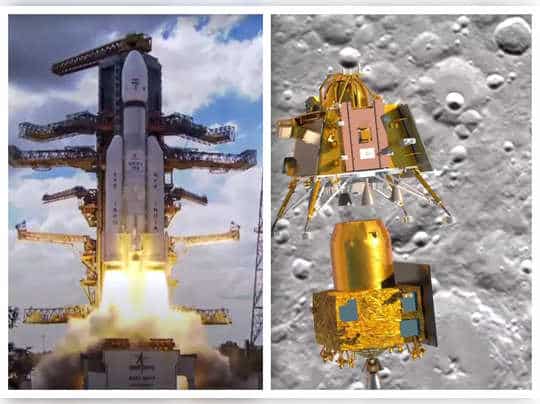Geography has always been a scoring subject for Class 10 students. The subject not only covers the detailed information about the planet Earth, but also its physical features, atmosphere and how it affects human activity. It also includes the study of how the political and economic activities of humans affect the Earth and the population of people and resources on the planet. The Total Geography Class 10 ICSE book helps the students learn about Earth and the relationships between different places and the people living there.
Explore the World With Total Geography Class 10 ICSE Textbook
A textbook is a student’s best friend and guide. A good textbook always answers the student’s ‘whats’ and ‘hows’ and ‘whens’. A good geography textbook garners the attention and interest of the students and helps them gain knowledge. Thus, it makes students familiar with the planet on which we live, and the information gained comes into use in daily lives. A student gets to understand where certain things are found on the planet, why they are there and how they can be developed and used. The Total Geography Class 10 ICSE textbook divides the syllabus into the following:
-
-
Physical Geography
-
In physical geography, a student learns about the types of seasons, climates, oceans, seas, landforms, atmospheres, soil and much more.
-
-
Human Geography
-
Under human geography, a student learns about the networks of people and different cultures on Earth’s surface.
Total Geography Class 10 ICSE: A Comprehensive Guide for Students
The textbook provides a comprehensive guide for preparing for Class 10 ICSE exams. Here are certain sections that students will learn and comprehend under this book:
-
-
Maps
-
Maps let the students travel the world without actually moving. It presents the entire world on a single page. However, the student needs to learn how to read a map to truly understand how the landmasses and the oceans are located. Since maps are visually appealing, it grasps the attention of students. They learn about the sizes and shapes of different continents, the countries in the world, and the locations and distances between different places. Map reading helps students develop problem-solving and reasoning skills. Whether you want to read the world map to locate different rivers, forests, continents and countries or read a city map to figure out how to reach the nearest library, map-reading skills are essential for students.
-
-
Climate
-
Education empowers everyone. Studying climate helps students understand why different seasons occur, how they are interrelated, different weathers, how much rain to expect in a particular region and how sea levels rise and fall due to climate change. Knowing all these things helps students to realise the importance of climate and thus tackle problems before the situation gets out of hand. If today’s generation starts making changes in their choices, they can play a role in preventing extreme weather conditions and the extinction of several species.
-
-
Waste Management
-
Learning about waste management is helpful for both children and adults. When a child is taught about recycling and reducing waste and its benefits, they grow into responsible adults. When they witness people in their environment acting as thoughtful members of the community, they realise the importance of waste management. Total Geography Class 10 ICSE teaches the students about waste accumulation and its safe disposal. Hence, as they become leaders of tomorrow, students are well-equipped with the knowledge required to safeguard the planet.
-
-
Agriculture
-
Most children know that agriculture provides food and raw materials but do not know the skills, hard work and time that goes into agriculture. Apart from the need, students also need to learn about the employment opportunities agriculture provides to a large population, especially in an agricultural country like India. Total Geography Class 10 ICSE teaches the importance of agriculture and different types of crops like food crops and cash crops. It enlightens the students with the latest advances in technology, Agro-based manufacturing industries, and management strategies related to agriculture.
-
-
Soil Resources
-
Learning about the various types of soils and their conservation is the key to environmental sustainability. Knowledge of the physical properties of the soil allows the improvement of agronomic management, soil quality, and even climate change. Students understand how energy, water, and solutes can be transported through soil. Soil conservation helps protect natural resources, restore plant and animal habitats, improve water quality, and make the soil healthier.
-
-
Water Resources
-
Water is one of the most essential natural resources. It supports all life forms present on the Earth. If you think about it, water is one of the main reasons that make Earth more inhabitable than other planets. Therefore, teaching young minds about water resources and their conservation is necessary. Total Geography Class 10 ICSE enlightens students about surface water and groundwater, rainwater harvesting, the importance and means of irrigation, water crises and conservation.
Conclusion
The book also covers many other topics, such as natural vegetation, mineral resources, conventional and non-conventional sources of energy, transport and much more. Therefore, students can explore the world comprehensively, along with visual representations in the Total Geography Class 10 ICSE. You can buy this book and many more at GetMyBooks online store.




